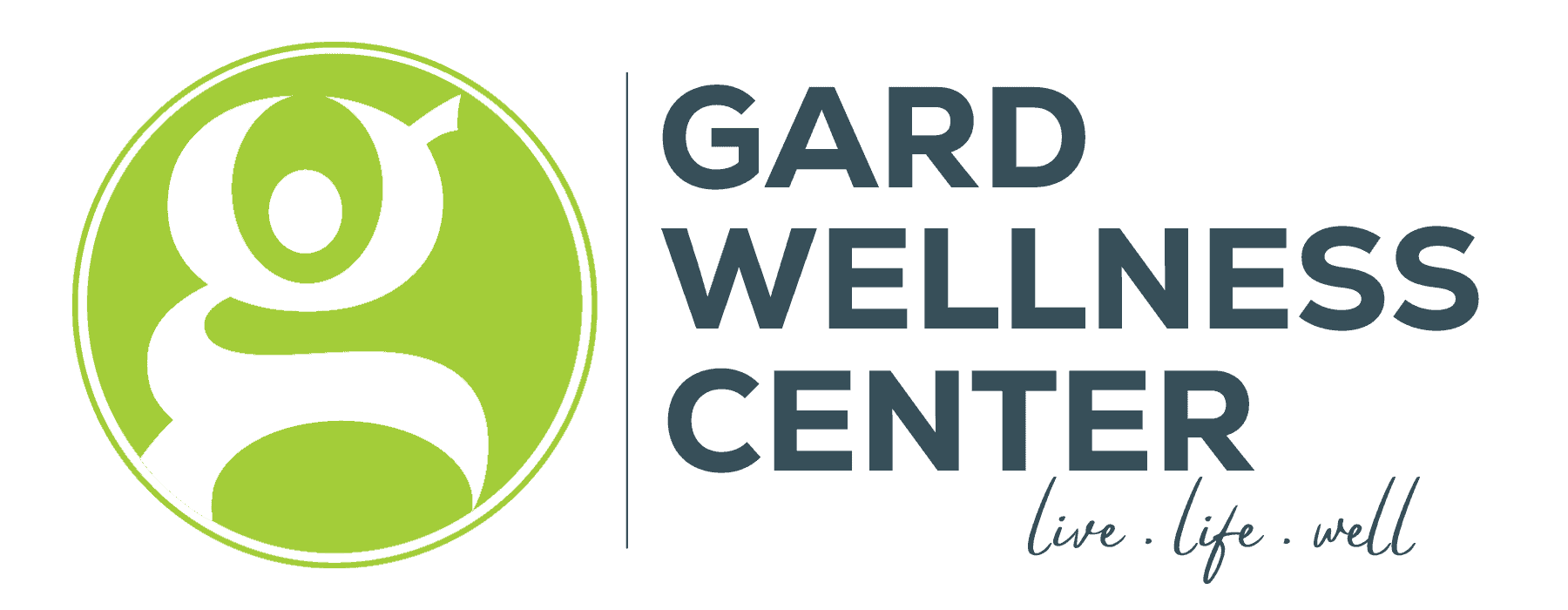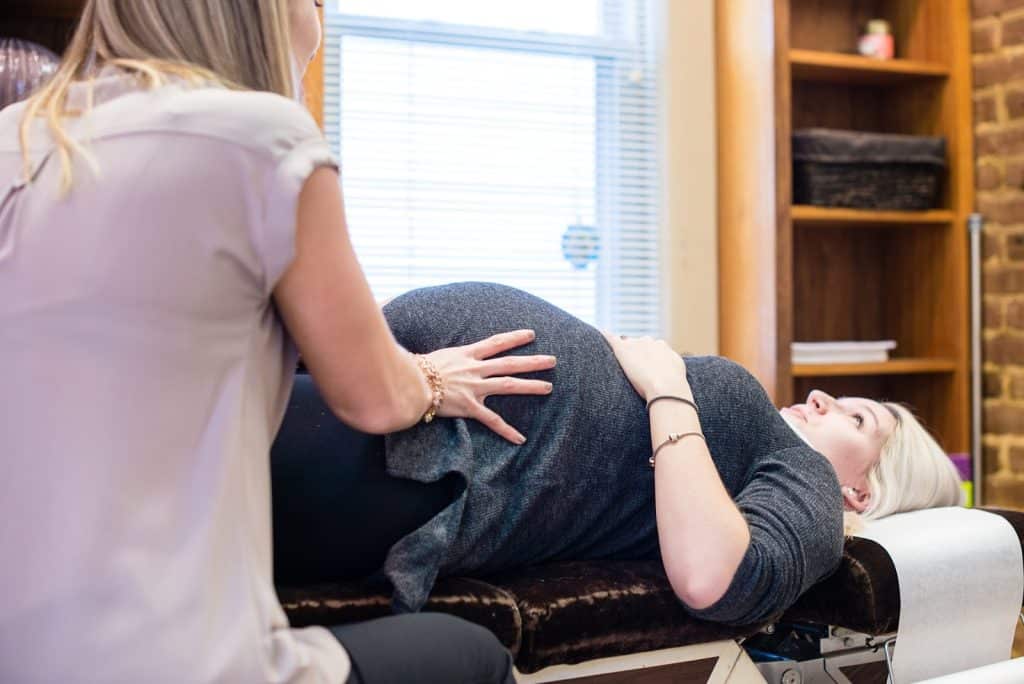We are born positive. We come into the world with an innate desire to learn and grow and connect with those around us. Reconnecting with this super power is the solution to many of life’s problems and stresses.
Negative bias will drain your fun and squash your joy faster than anything else. Most of us don’t even realize we’re doing it, but it sneaks into our lives and takes over. Our brains are primed to recognize danger. We need to know quickly if a situation is going to be dangerous, or not, so that we can react. In a truly dangerous situation seconds matter and it’s better to think you’re in danger and respond quickly than to think all is well and not respond at all.
The problem is…that we’re always looking for problems. Our brain is scanning constantly looking for everything that is wrong. For most of us; our daily life doesn’t present many life threatening challenges, but our brain hasn’t caught up to that fact yet. So, it will continue to look for danger until it finds some, real, or imagined.
We begin to normalize situations that could present a problem, such as driving to work. What’s more dangerous than traveling 80 mph inches away from a sleep deprived text message addict? Well, we’ve done it enough that we don’t see it as a problem. Statistically, it’s likely not, but the point is that we’ve adapted to the situation and moved on. As we run out of actual potential dangers we will continue to try and find them, to the point it becomes more anxiety and fear than actual danger.
Negative bias is a real thing and the best way (in my experience) to overcome it is through a consistent gratitude practice and a commitment to assume positive intent in your day-to-day interactions. Now, if you’re in a dark alley at 2 am someone in a hockey mask is chasing you don’t assume that they’re trying to give you season tickets to the Hurricanes. But, if your manager requests a meeting, don’t assume that you’re getting fired, you may have been nominated for employee of the month.
Train yourself to tend more toward a positive reaction and you will reduce your stress significantly. This builds trust and self-confidence that if a problem does arise you will handle it the best you can and move through it. How many times in your life did something seem like the worst thing in the world initially, but turned out to be ok, or even way better than you thought. It happens.
It’s a good thing to identify problems early so that you can react appropriately, but the best way to handle any problem is to be prepared for it. Prepare yourself the best you can for life’s challenges and then assume positive intent until an actual problem surfaces. When you have a problem, put your plan into action and handle it. Who knows, it may turn out to have been a good thing in the long run, and not really a problem at all.

